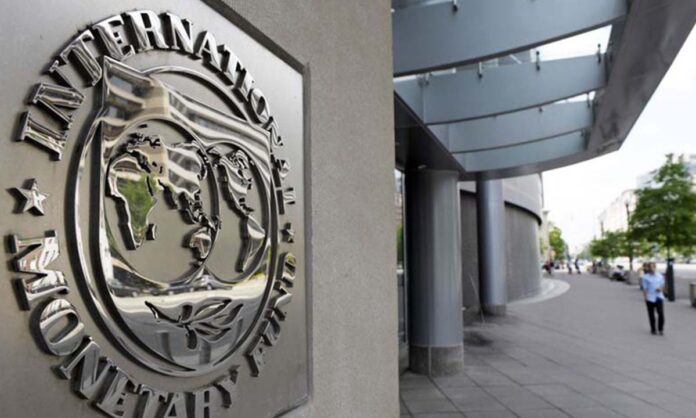The International Monetary Fund (IMF) has revealed that Nigeria will become an exporter of refined crude products when Dangote Refinery commences its operations.
The West African country is already a crude-oil exporter, however, the IMF noted that the country still imports refined oil to meet domestic demand.
IMF said: “With a crude oil production of almost two million barrels per day, Nigeria is Africa’s biggest oil producer and one of the largest oil exporters globally.
“Yet, only a fraction of Nigeria’s crude oil production is refined domestically- on average only about 0.08 MBPD have been delivered to local refineries between 2008 and 2017, just a fraction of the theoretical refining capacity of 0.445 MBPD (broadly covering domestic demand) including due to under-investment into the refinery.
“This leaves a substantial opportunity for value added to meet domestic demand for petrol, kerosine, jet fuel, and diesel, and thus to reduce the import bill while diversifying exports.
“A new oil refinery constructed by the Dangote Group in Lagos State promises to double Nigeria’s refining capacity and boost activities in the downstream sector”.
The IMF said Dangote refinery is now poised to transform Nigeria’s petroleum industry, boost growth, turn the country into an exporter of refined products, improve the balance of payments, and transform regional trade patterns.
The international organization headquartered in Washington also noted that the refinery could boost Nigeria’s trade balance by as much as $2 billion on a yearly basis.
IMF believes that with a maximum refining capacity of 650,000bpd, the privately-operated Dangote Refinery could meet all domestic demand for and still have sufficient surplus for exports.
It said that this would translate into reduced imports of refined products by 450,000 bpd and increased exports of refined products by 200,000 bpd. It will also decrease net exports of crude oil by 650,000 bpd.
The IMF noted that “under the currently envisaged mix of refined products, this would boost the country’s growth by 0.3 to 0.4 percentage points in 2022, and improve the trade balance by $2 billion per year (net after reducing both net crude exports and refined oil imports)”.
Source




